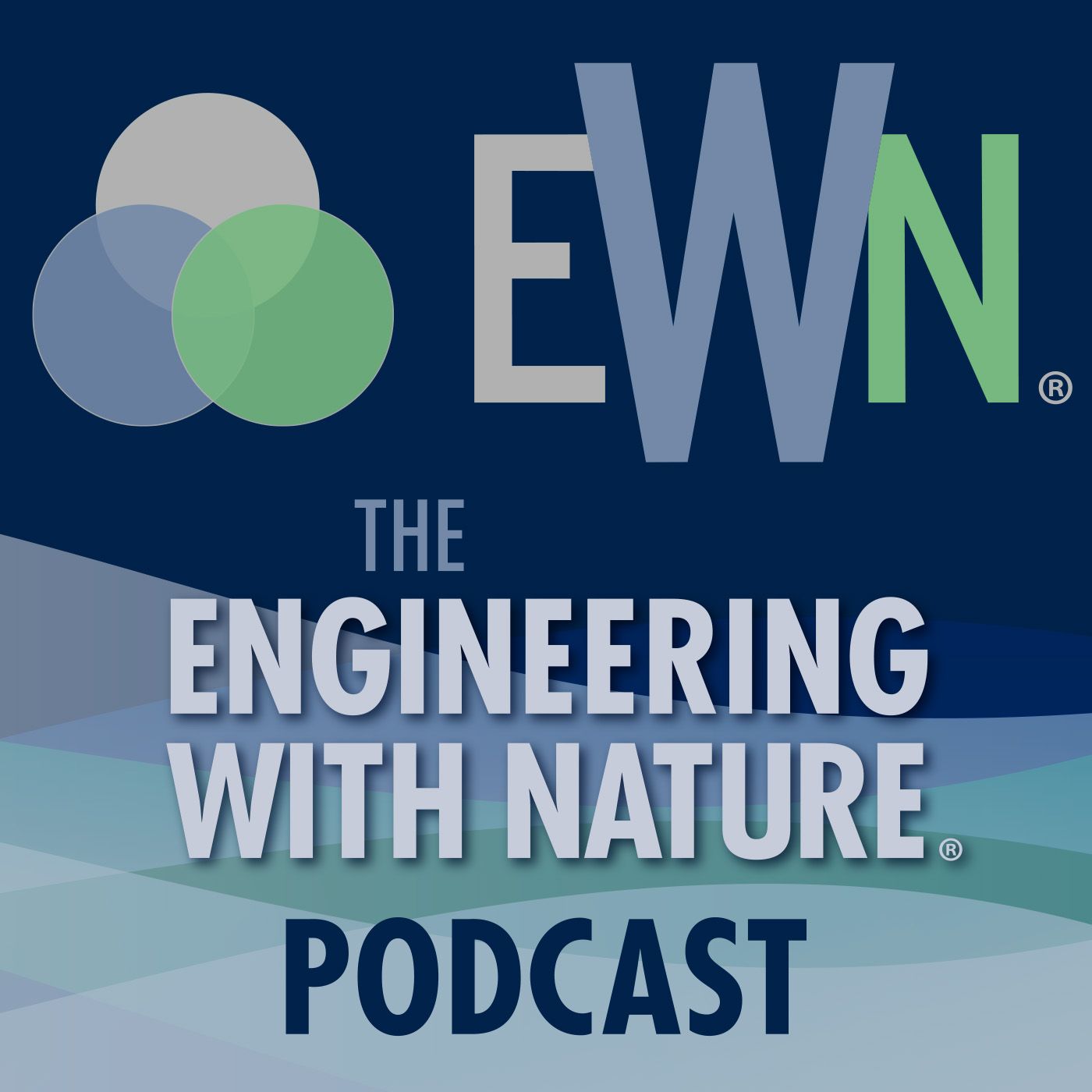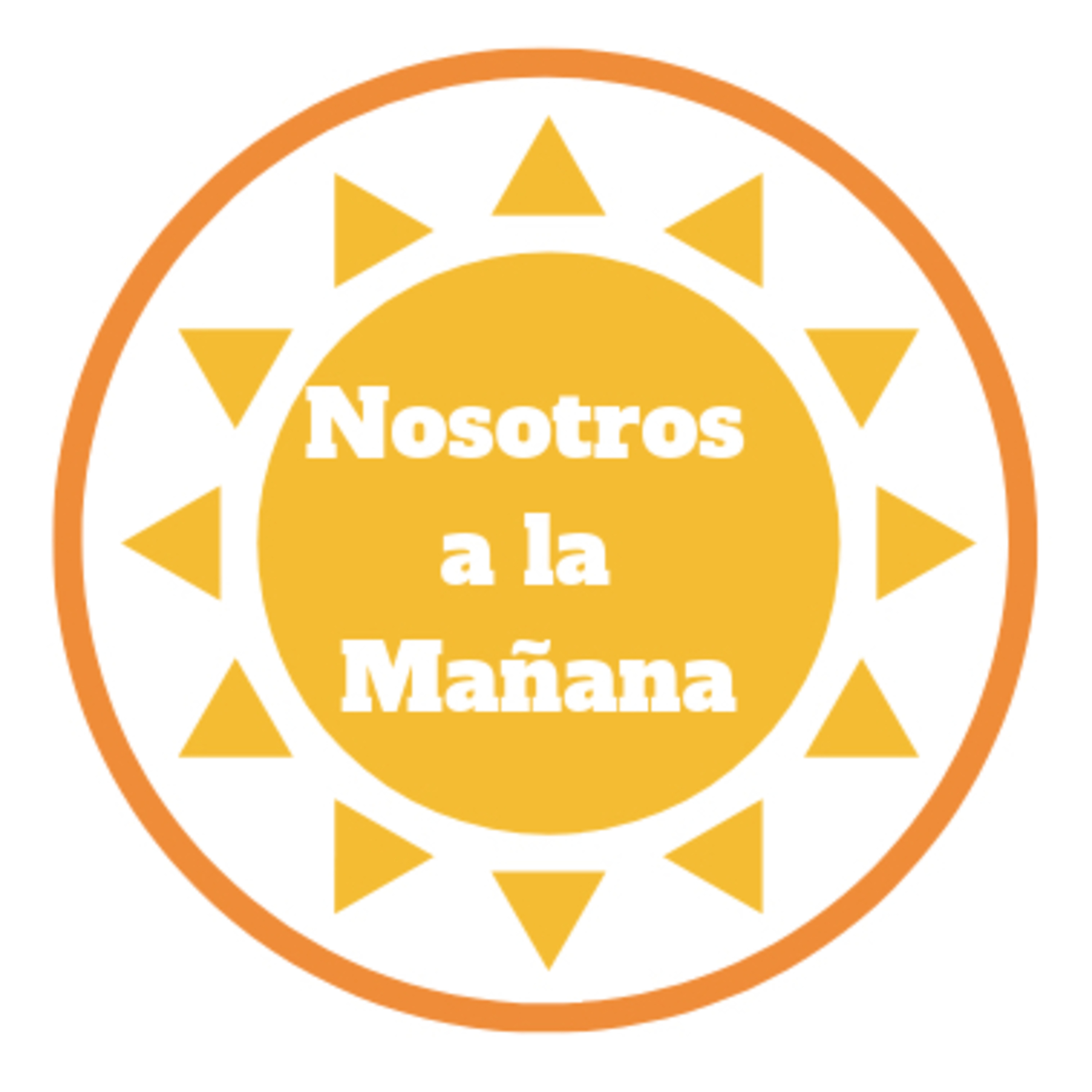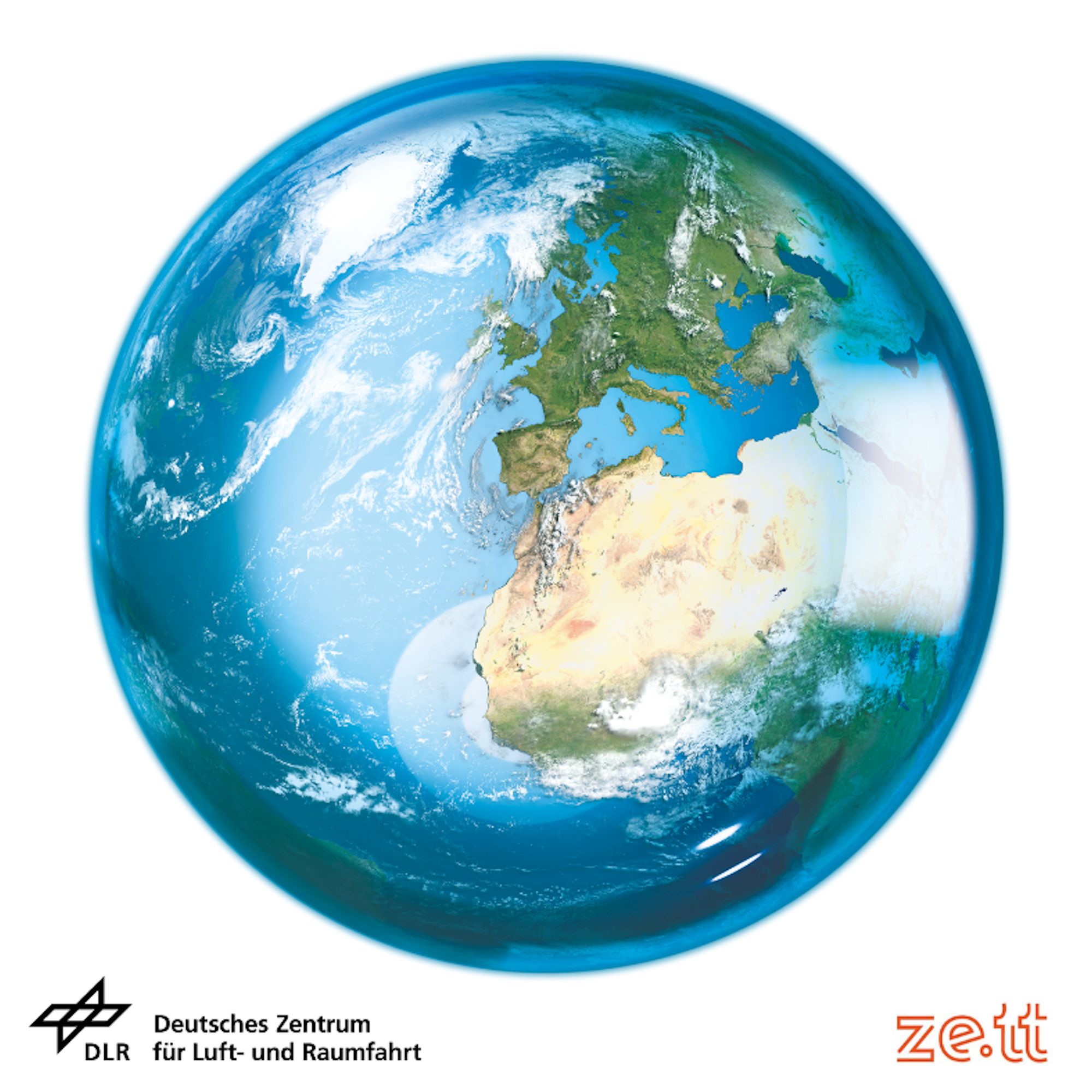 |
EWN - Engineering With NatureFor more than 10 years, the U.S. Army Corps of Engineers has been working on an initiative called Engineering With Nature that uses natural processes and systems to deliver a broad range of economic, environmental, and social benefits. EWN, as it is... Author: USACE and Story Studio Network
For more than 10 years, the U.S. Army Corps of Engineers has been working on an initiative called Engineering With Nature that uses natural processes and systems to deliver a broad range of economic, environmental, and social benefits. EWN, as it is called, is developing and implementing nature-based solutions for infrastructure, engineering, and water projects.EWN brings together a growing international community of scientists, engineers, and researchers, from all kinds of disciplines to collaborate on how best to harness the power of nature to innovate, solve problems, and create sustainable solutions.This podcast tells their stories.Its a show about innovation and collaboration. It is about combining natural and engineering systems. And it is about amazing results for infrastructure, the environment, and communities. Scientists and experts will talk about how they are transforming traditional approaches to infrastructure challenges across the US and around the world by applying the principles and practices of EWN.Sarah Thorne of Decision Partners has been working with the U.S. Army Corps of Engineers on the EWN initiative for the past decade, and, through this podcast, will share stories of the people, their unique collaborations, and a broad range of projects that exemplify the principles and practices of EWN.We hope youll listen to the show and be inspired! Language: en Genres: Earth Sciences, Nature, Science Contact email: Get it Feed URL: Get it iTunes ID: Get it Trailer: |
Listen Now...
Advancing the Practice Through Publications
Episode 8
Tuesday, 25 March, 2025
Advancing the practice of engineering with nature is a primary goal for the Engineering With Nature Program, and technology transfer through publications is a critical pathway to achieving this goal. In Season 8, Episode 8, host Sarah Thorne is joined by Amanda Tritinger, Deputy Lead of the Engineering with Nature Program, and Courtney Chambers, Communications Lead for the Engineering With Nature Program. They’re discussing the importance of the Programs’ key publications, including two new ones in 2025.Publications are critical to advancing the practice and closing the gaps in knowledge. As Amanda says, “They showcase real-world applications of natural infrastructure and inspire others to adopt these strategies in their own projects. By publishing, we make it possible for natural infrastructure to be integrated into more projects and drive innovation across multiple sectors.” This episode highlights several examples of innovative EWN Publications, including:The EWN Atlas series;Natural Infrastructure for Mission Readiness at U.S. Navy and Marine Corps Installations – Also known as “The Navy Playbook”; andThe Four Coasts Project Idea Handbook – design concepts that incorporate Engineering With Nature from four of the EWN Proving Grounds districts: San Francisco, Mobile, the Great Lakes, and Philadelphia. Courtney explains that the Atlas series was born out of a conversation that Todd Bridges, founder of the EWN Program, had with the then USACE Director of Civil Works, James Dalton who suggested that people would understand the key principles of EWN if they could see what they look like in practice. Its success has led to these additional innovative publications.Hollie Janson Schmidt, National Director of the Planning Group for Advisory Solutions at Jacobs, was the project executive responsible for developing the Navy Playbook with EWN. She joins the conversation and explains that, “The intention of the book is to really be nontechnical and user friendly so that someone could look at some of these sketches and really understand some of the characteristics and the components that we're addressing.” She adds, “It’s just really meant to sort of excite people with the visuals and the beauty of what we were trying to bring forward.”Mindy Strevig, Managing Engineer at Anchor QEA, leads the collaboration on the development of the Four Coasts Handbook. She also joins the conversation and notes “The goal of the Four Coasts Handbook, is to get those solution concepts visualized and conveyed in a way that folks can continue those conversations through their traditional processes to get these projects funded, garner support, and move them to implementation.The EWN team continues to promote the work of the EWN Program and its partners through publications like these, as well as through ERDC Tech Notes and Tech Reports, and peer-reviewed articles in scientific journals. Amanda stresses that “these publications are invaluable to our practitioners because they provide a strong scientific foundation combined with the real-world application of natural infrastructure. By publishing this work, we ensure that knowledge is shared, lessons are learned, and innovations are being scaled up. These publications are critical to advancing the practice. They’re how we bridge that gap between research and implementation and offer actionable insights.” For more information and resource links, please visit the EWN website at https://www.engineeringwithnature.org/ Amanda Tritinger – LinkedInCourtney Chambers – LinkedInHollie Janson Schmidt – LinkedInMindy Strevig – LinkedIn











